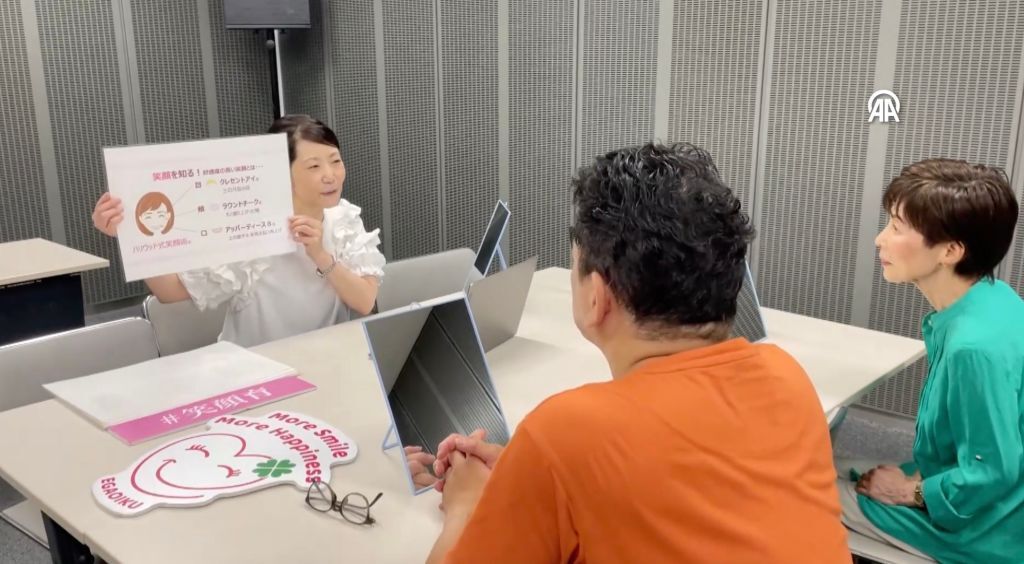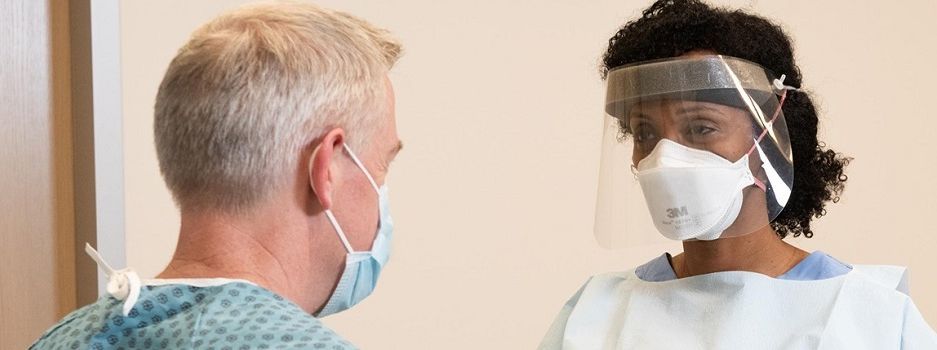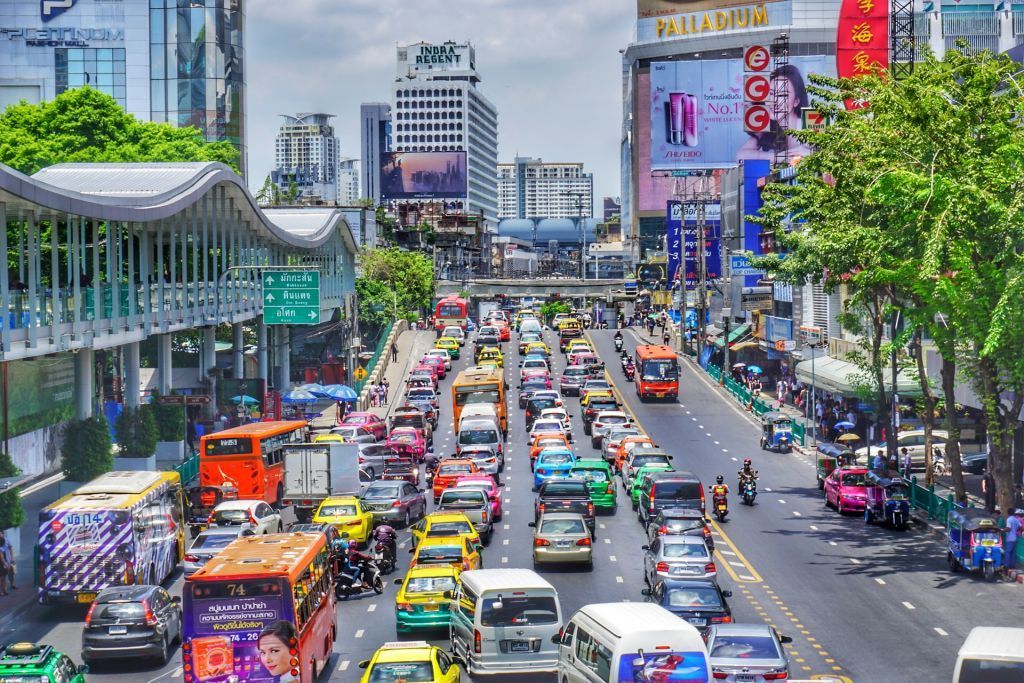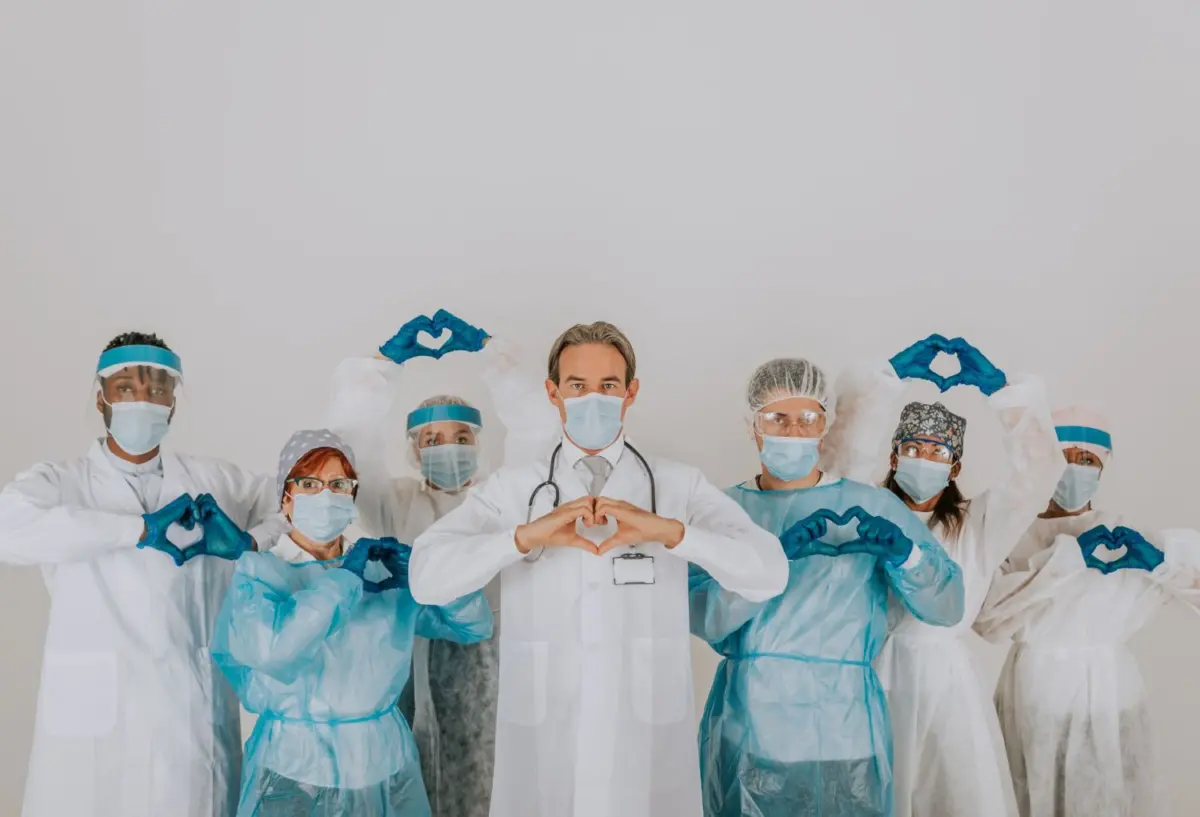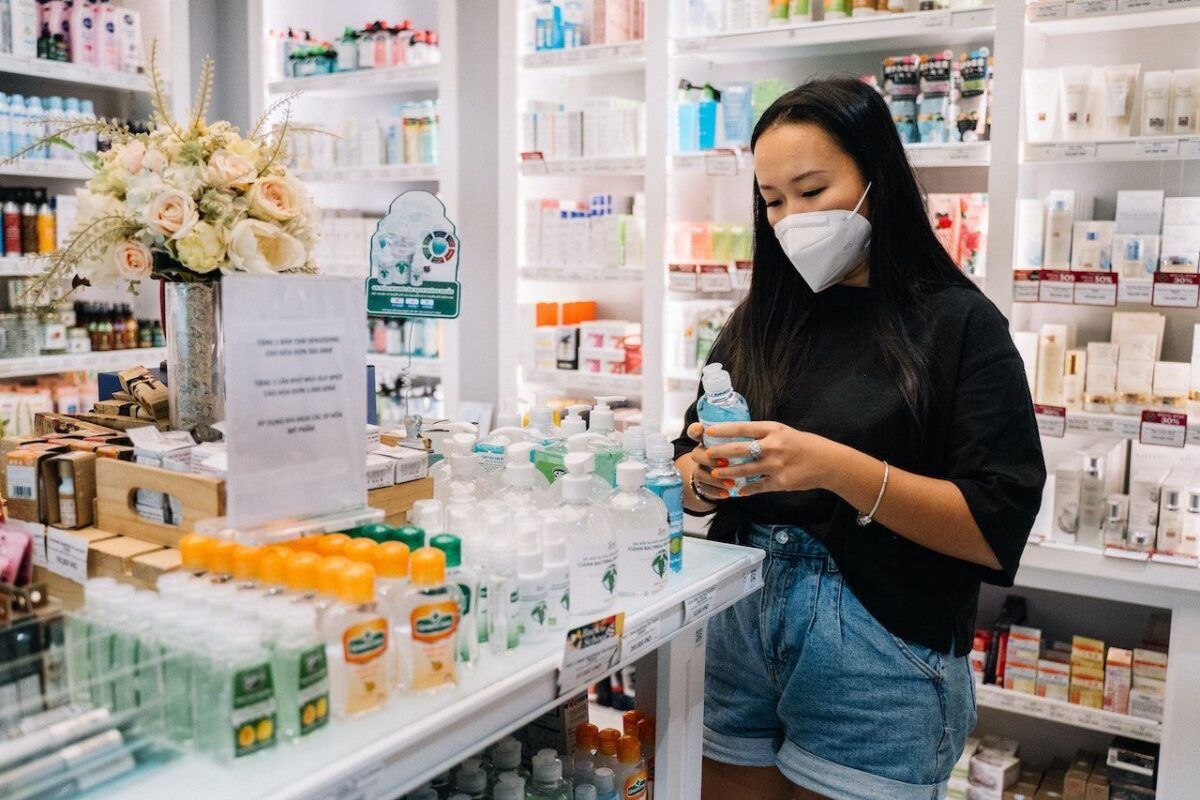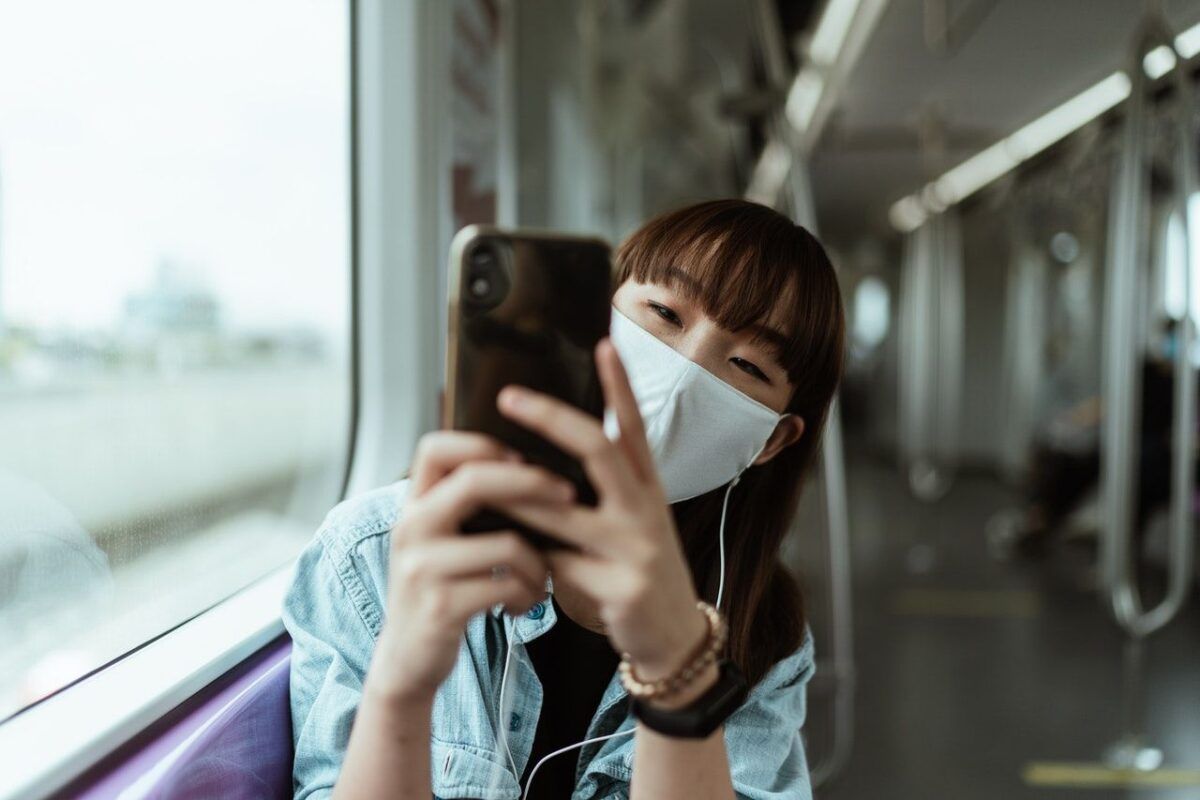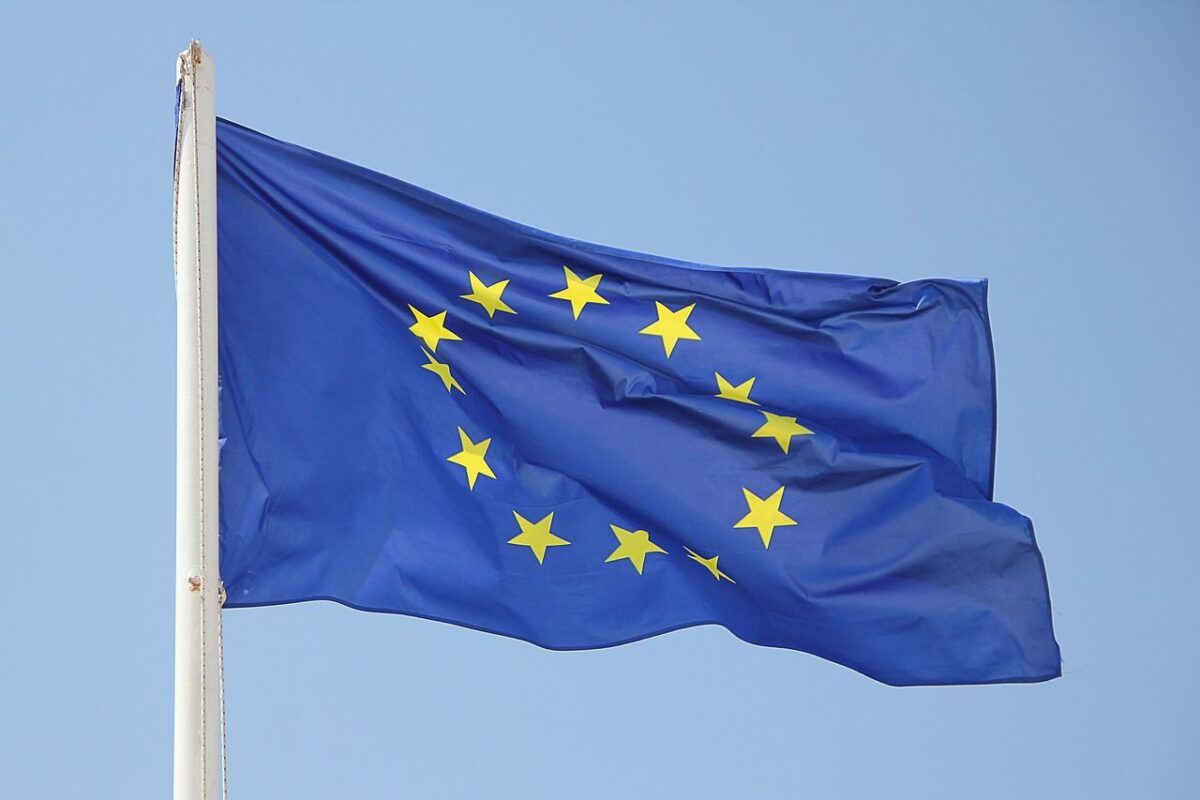The COVID-19 pandemic has drastically reshaped various aspects of daily life, and one notable change is the widespread use of face masks.
For the past three long years, Japanese people have diligently donned masks to protect themselves and others from the virus. However, as the government gradually relaxed mask guidelines, a new challenge emerged – people forgot how to interact in social settings without masks, including the simple act of smiling. To address this issue, several organizations in Tokyo have taken the initiative to offer in-person training sessions under the name “Egao-iku” (Smile Training).
With the increase in demand for smile training, Keiko Kawano, a dedicated smile trainer, decided to establish the “Smile Instructors Association.” According to Kawano, observing a smile in others often triggers reciprocal smiling, making it easier for individuals to express themselves. By relearning the art of smiling, participants hope to reintegrate into society with renewed confidence.
Another smile trainer, Miho Kitano, emphasizes the importance of training facial muscles for a genuine and radiant smile. Kitano believes that just like any other muscle in the body, facial muscles require exercise to maintain their strength and flexibility. Smile training sessions focus on various exercises, such as stretching the corners of the mouth, activating the muscles around the eyes, and practicing different facial expressions.
To participate in these smile training sessions, individuals must be willing to invest 7,700 Japanese yen (approximately $54) per session. Despite the cost, many are eager to take part, recognizing the value of regaining their ability to connect with others emotionally and non-verbally. The sessions not only teach participants how to smile but also provide guidance on non-verbal communication, body language, and overall social interaction.
The revival of genuine smiles is not limited to individual sessions alone. Smile trainers also encourage participants to engage in smile-sharing activities within their communities, creating a positive ripple effect. By spreading warmth and joy through authentic smiles, they aim to counteract the social impact of wearing masks for an extended period.
While the “Egao-iku” smile training sessions primarily target those who face challenges in adapting to the post-mask era, they are open to anyone interested in refining their social interaction skills. The program has gained popularity among individuals from various backgrounds, including professionals, students, and even those who have spent the majority of their lives wearing masks due to work or personal reasons.
As the world gradually emerges from the grips of the pandemic, it is essential to acknowledge and address the psychological and social adjustments individuals must make. Smile training offers a unique solution for the Japanese population, helping them rediscover their ability to express emotions and interact confidently with their fellow citizens. With each session, participants take a step closer to reclaiming the power of a genuine, heartfelt smile. (AA)

